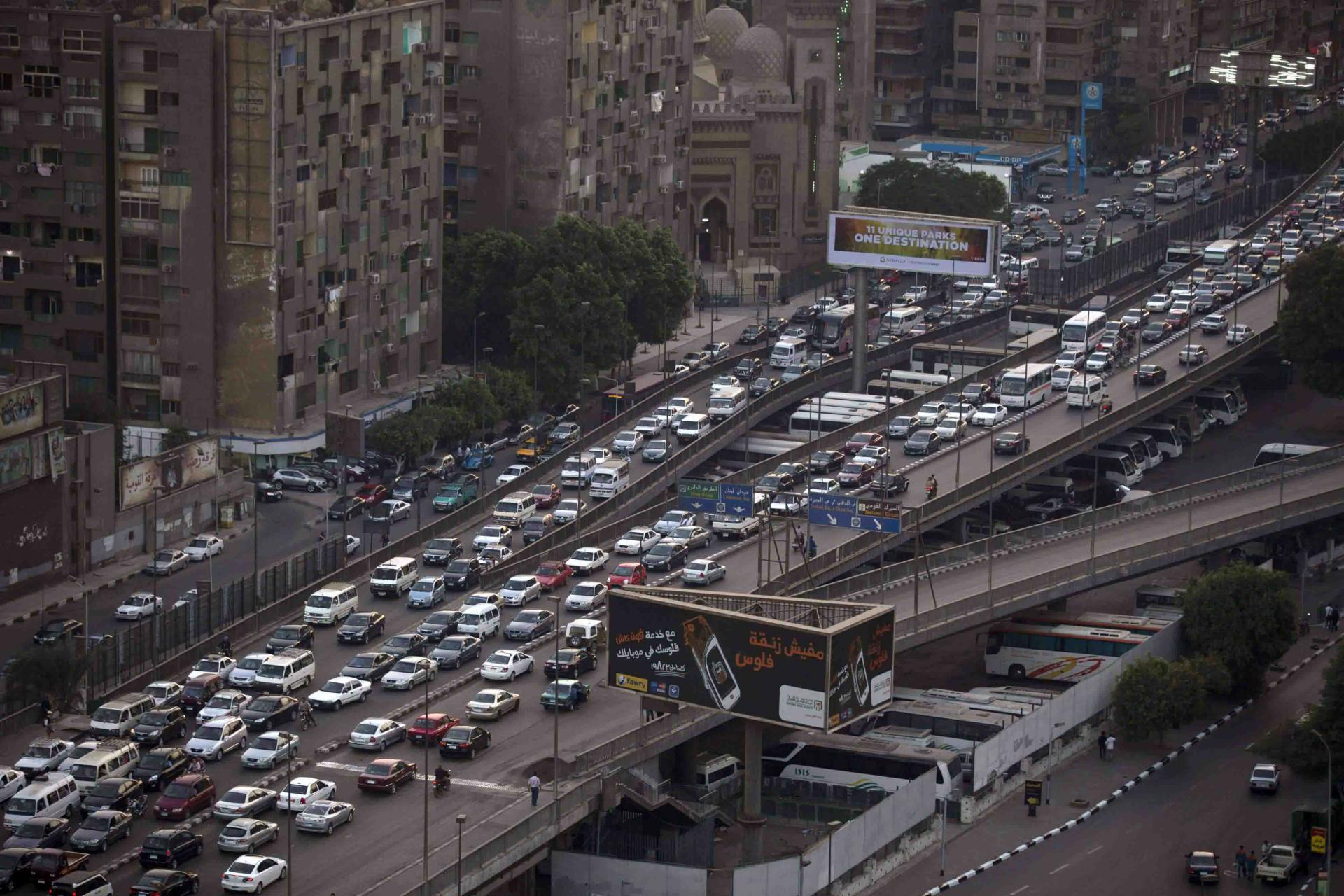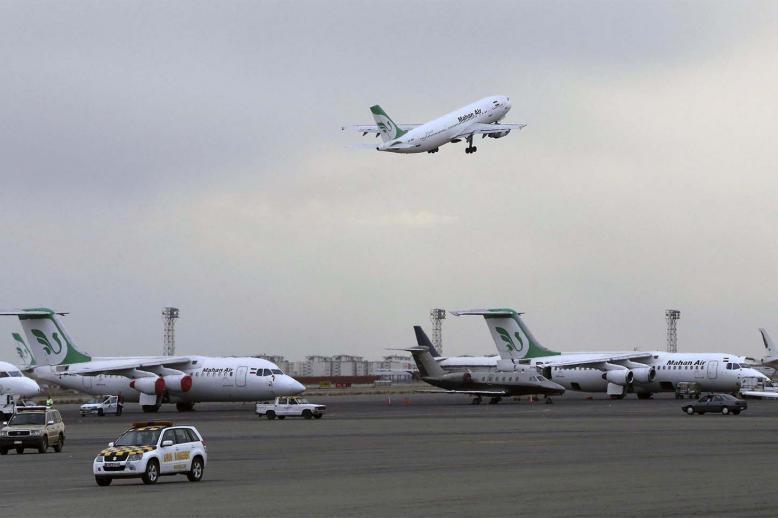Egypt prepares for elimination of customs on European cars
CAIRO - The Egyptian auto market is bracing for the elimination of customs duties on vehicles imported from the European Union as a free trade agreement signed in 2001 enters its final phase.
The agreement committed the European Union to eliminating customs duties on all goods imported from Egypt from the first day of its implementation while allowing Cairo to gradually eliminate duties on goods from the European Union. The elimination of customs duties on vehicles is to go into effect by January 2019.
The agreement is expected to have far-reaching effects on the domestic auto market, giving hopes to consumers that European vehicles will be more affordable.
“Theoretically speaking, the elimination of the customs duties should bring European car prices down,” said Rashad Abdo, an economics professor at Helwan University in Cairo, “but it is important to wait and see how the authorities will deal with this in the coming months.”
There are at least 12 million vehicles on Egypt’s roads, with about 750,000 new cars being sold each year, the Egyptian Interior Ministry’s Traffic Department said. Foreign cars are considered status symbols among Egypt’s growing middle class. Foreign-built cars, especially from Japan, South Korea and China, are competing for supremacy on Egypt’s roads and cheaper prices are giving Chinese vehicles an edge.
The elimination of customs duties on European cars should theoretically make them more competitive in price but many say reductions are unlikely to materialise because car manufacturers would raise prices to ensure competition.
Egypt has reduced customs duties on European cars by 10% each year since 2004, part of previous phases of the free trade agreement. Despite this, the prices of European cars have remained static or increased.
“The prices have actually doubled in the last two years,” said Shady Rayan, an Egyptian European car importer. “The consumers need to know that car prices in the market are not only about customs duties.”
Although customs duties on European vehicles are lower than ever, the cost of vehicles — and most other consumer goods in Egypt — remains high following Egypt’s 2016 currency flotation. The move, part of a package of economic reforms initiated by Cairo’s monetary planners, pushed the exchange rates of all foreign currencies dramatically up against the Egyptian pound.
An hour before the flotation, the exchange rate of the US dollar to the pound stood at $1 to 7.8 Egyptian pounds. One hour after the flotation, the rate stood at $1 to 14 pounds, with the current rate at 17.8 pounds.
“This had its effect on the prices of all imported goods,” Abdo said. “It means that the prices of goods are now more than double the prices of the same goods before the flotation.”
The reduction of customs duties on European vehicles was accompanied by the introduction of new taxes, including a value added tax of 14% that went into effect in 2017. These factors, economists said, would deprive Egyptian consumers of feeling the effect of the elimination of the customs duties. However, the price savings would certainly be passed on to manufacturers and importers, including Asian companies with factories in Europe.
Additionally, the national economy is expected to lose a major revenue stream with the elimination of customs duties. In 2017, the Alexandria Port customs point, from which European vehicles enter Egypt, collected about $500 million in customs duties.
There are 17 car assembly factories in Egypt that offer thousands of direct and indirect jobs to Egyptians, all of which operate under licence from major international companies such as BMW, Nissan, Hyundai and Daewoo. The elimination of customs tariffs could see plans shift outside of Egypt and to Europe, even for Asian companies.
There had been plans to increase the sector and push for the manufacturing of a wholly Egyptian-made car but that is expected to be deeply affected by the elimination of customs on European vehicles.
“This is why we need to reformulate the national auto strategy,” said Ashraf Sharbas, deputy head of the Auto Section at the Federation of Egyptian Chambers of Commerce. “There will be a huge competition to cars assembled locally from ones coming from the European Union and this will not be in favour of the locally assembled ones in any way.”
Amr Emam is a Cairo-based journalist. He has contributed to the New York Times, San Francisco Chronicle and the UN news site IRIN.
This article was originally published in The Arab Weekly.







